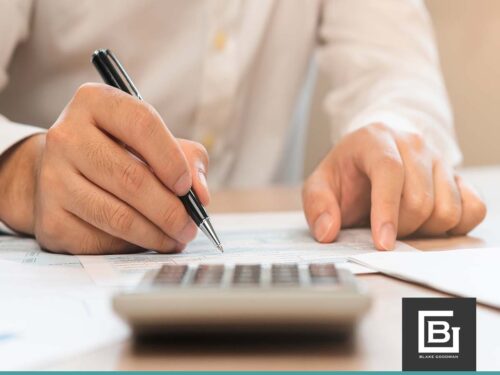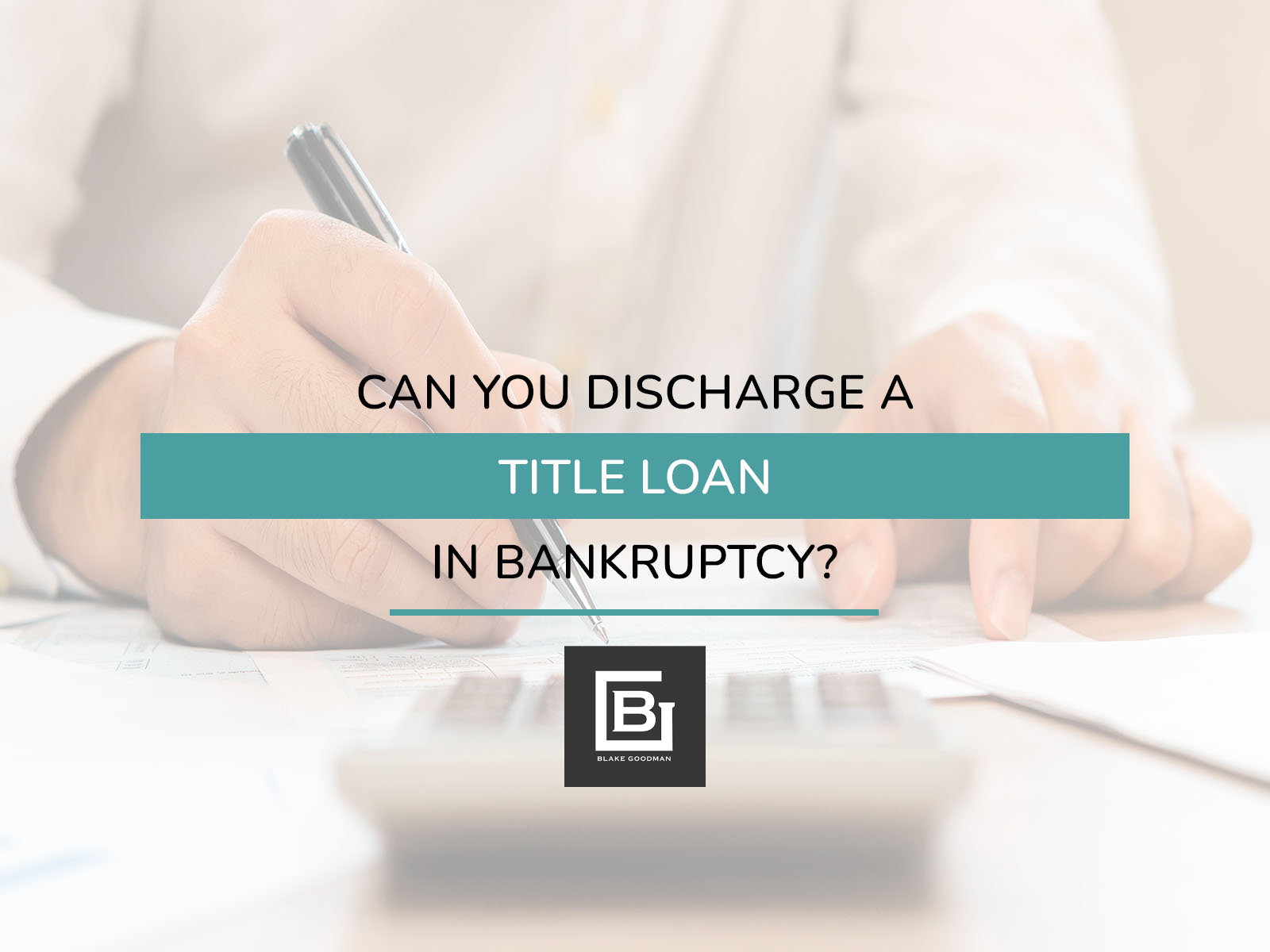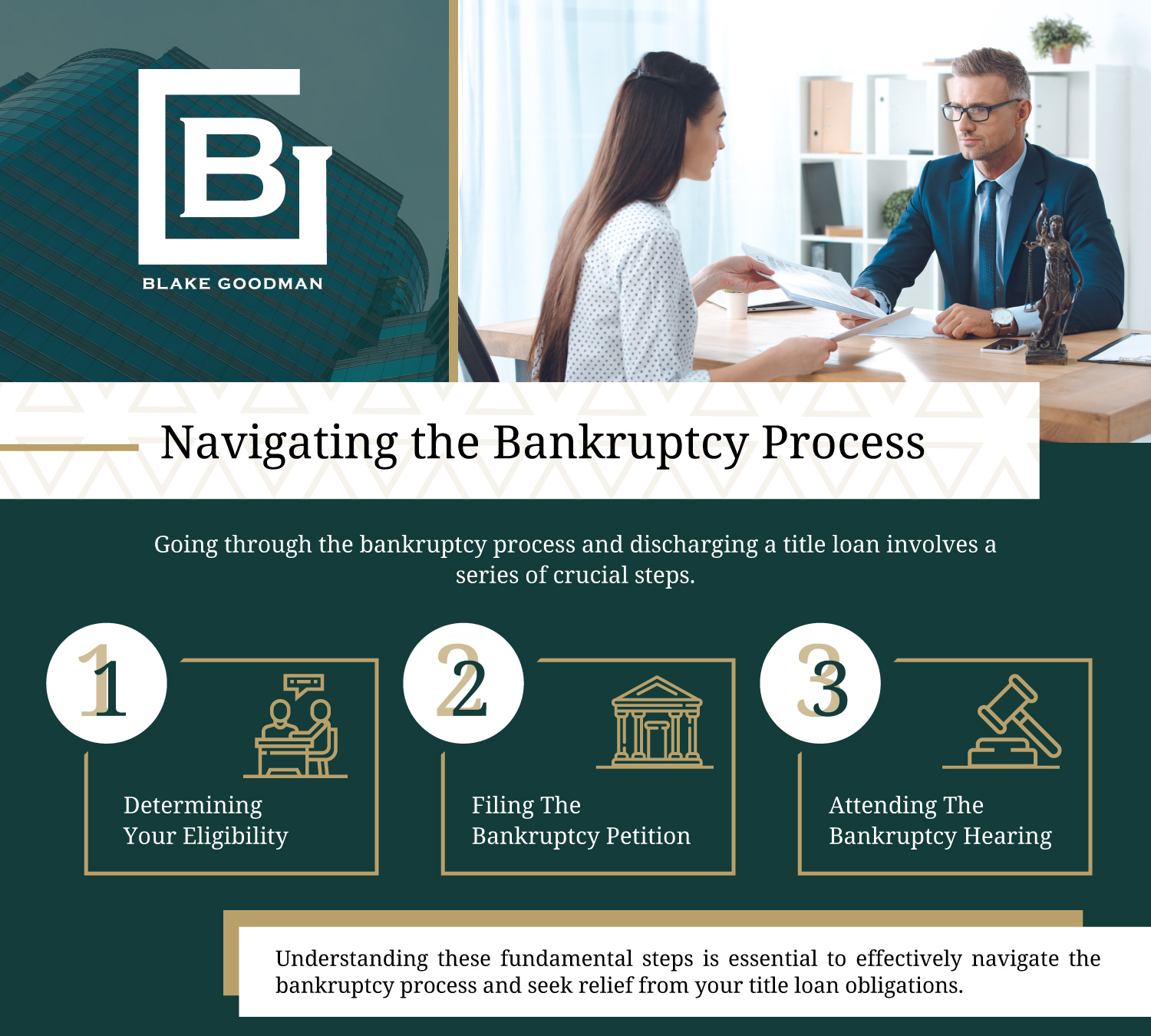How Bankruptcy Can Help You Discharge Title Loan Debts
Title loans serve as a financial lifeline for individuals in urgent need of immediate cash, especially those with low credit scores. However, the implications of these loans can be burdensome, with high interest rates and strict repayment timelines. If you find yourself overwhelmed by title loan debts and considering bankruptcy as a means of debt relief, it’s important to understand the options available to you.

Remember, every situation is unique, and seeking professional advice from a skilled bankruptcy attorney in Honolulu is crucial to finding the most suitable path toward financial freedom.
Bankruptcy as a Solution for Discharging Title Loans
Bankruptcy can offer a legal way to discharge your title loan, depending on the situation. It provides a legal process to address and discharge debts, including title loans. By exploring bankruptcy as a solution, individuals can regain control of their financial situation and work towards a fresh start. In this article, we will delve into the role of bankruptcy in discharging title loans, discussing the available options and the potential benefits it can provide.
What Happens to Title Loans in Chapter 7 Bankruptcy?
Chapter 7 bankruptcy, commonly known as liquidation, offers the opportunity to discharge unsecured debts such as credit card debt, medical bills, personal loans, and promissory notes. However, when it comes to title loans, a different scenario unfolds. Unlike unsecured debts, title loans are secured by your vehicle. When obtaining a title loan, you provide the lender with the vehicle’s ownership document as collateral. Consequently, title loans cannot be discharged as part of Chapter 7 bankruptcy, as the loan remains in force and must be addressed separately.
In such cases, you have a few options. Firstly, you can choose to repay the title loan in full or negotiate a feasible payment plan with the lender who holds the title loan. If neither of these options proves viable, surrendering the vehicle may be considered.
How Chapter 13 Bankruptcy Can Help You Restructure Your Title Loan Debt
Chapter 13 bankruptcy offers a unique opportunity to restructure various types of debts, including secured debts like car title loans, conventional car loans, and mortgages. Through Chapter 13, you can create a repayment plan where you make monthly payments to a trustee over a specified period. The repayment plan allows you to either pay the fair market value of the car at the time of the bankruptcy filing or the total amount owed, whichever is less. In some cases, certain unsecured debts may also be forgiven, while others are reorganized and must be repaid gradually within the repayment plan.
In the context of title loans, Chapter 13 bankruptcy allows debtors to include title loan debt within their repayment plan. Through this process, the debtor works with a bankruptcy trustee to develop a three to five-year repayment plan based on their income and reasonable living expenses.
The repayment plan may involve reducing the interest rate on the title loan, extending the repayment period, or even reducing the principal balance in certain cases. By following the court-approved repayment plan and making regular payments, debtors have the opportunity to satisfy their title loan debt while retaining possession of their vehicle. Upon successful completion of the repayment plan, any remaining unpaid title loan debt is typically discharged, providing debtors with a fresh financial start.
How to Navigate the Bankruptcy Process & Get Rid of Your Title Loan Debt
Going through the bankruptcy process and discharging a title loan involves a series of crucial steps.
- Determining your eligibility: The process starts with determining if you are eligible for bankruptcy. This step involves completing a bankruptcy petition under the guidance of a legal professional.
- Filing the bankruptcy petition: After verifying your eligibility, the next step is to file the petition with the court.
- Attending the bankruptcy hearing: After a successful filing, you are required to attend a bankruptcy hearing. During this hearing, the court will examine your case and the surrounding circumstances.
Understanding these fundamental steps is essential to effectively navigate the bankruptcy process and seek relief from your title loan obligations.
What to Expect When You Hire a Bankruptcy Lawyer in Honolulu

An experienced bankruptcy lawyer can provide you with guidance and give you clarity on the available options. In addition, they could offer step-by-step assistance throughout the process, and ensure that all necessary paperwork is properly filed. By relying on the support of a seasoned bankruptcy lawyer, you can approach your bankruptcy case with confidence, knowing that you have a knowledgeable advocate by your side.
Contact Blake Goodman, P.C. for Help with Discharging Your Title Loan
Choosing to file for bankruptcy to discharge a title loan is a substantial decision. Engaging the expertise of a seasoned Bankruptcy attorney, like the ones at Blake Goodman, P.C., can aid in assessing your eligibility and navigating the necessary filing process.
Don’t attempt to navigate these complex waters alone. Contact us today to schedule a consultation and discover more about how we, as your lawyer, can assist in discharging your title loan through bankruptcy.

Email: blake@debtfreehawaii.com
Website: https://www.debtfreehawaii.com/
HONOLULU OFFICE
900 Fort Street MallSuite 910
Honolulu, HI 96813
Phone: (808) 517-5446
AIEA OFFICE
98-1238 Ka'ahumanu StSuite 201
Pearl City, HI 96782
Phone: (808) 515-3441
KANEOHE OFFICE
46-005 Kawa StSuite 206
Kaneohe, HI 96744
Phone: (808) 515-3304
MAUI OFFICE
Our location has moved from
300 Ohukai RdSuite B317
Kihei, HI 96753
Phone: (808) 515-2037
to
220 Imi Kala St. #203B
Wailuku, HI 96793

Blake Goodman received his law degree from George Washington University in Washington, D.C. in 1989 and has been exclusively practicing bankruptcy-related law in Texas, New Mexico, and Hawaii ever since. In the past, Attorney Goodman also worked as a Certified Public Accountant, receiving his license form the State of Maryland in 1988.


